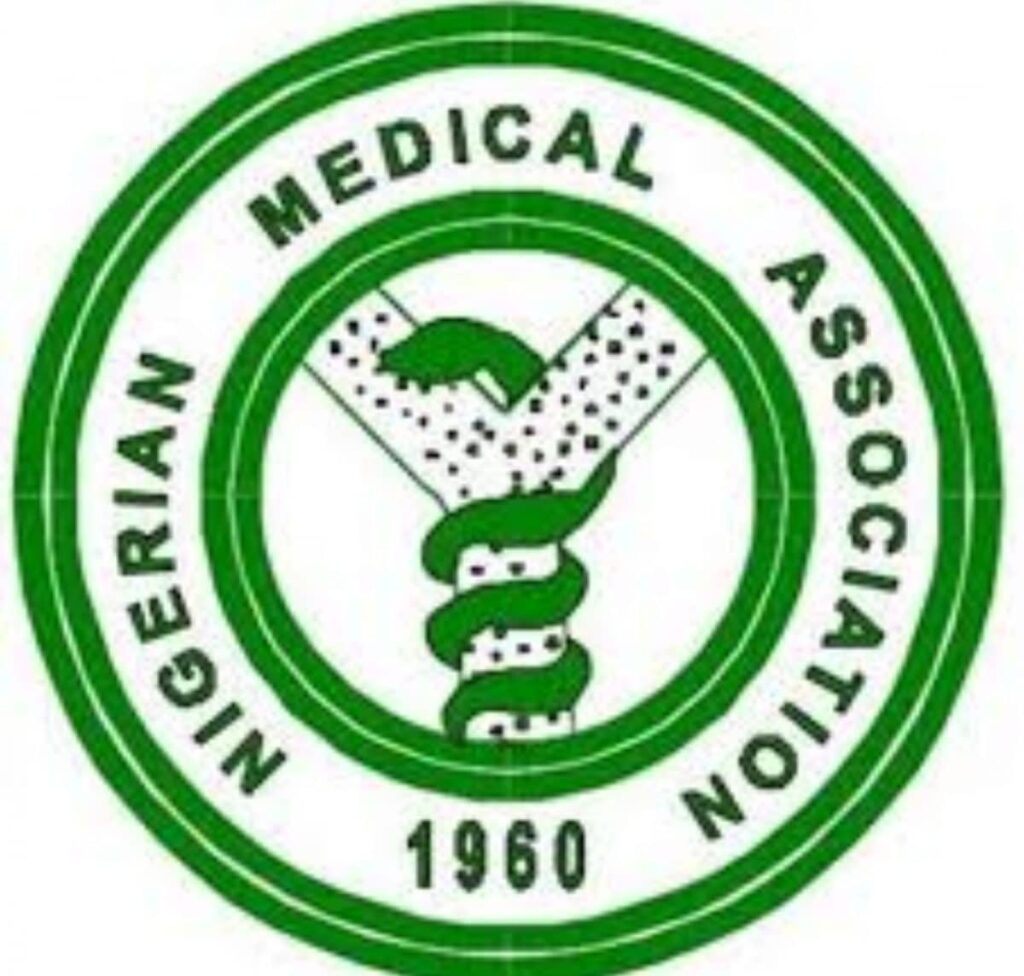CurrentReport Blog The Nigeria Medical Association (NMA) has raised alarms over the growing crisis in the pharmaceutical sector due to the exodus of major pharmaceutical companies from Nigeria. This troubling development was highlighted by the newly elected NMA Chairman, Prof. Bala Audu, during a media conference in Abuja on Wednesday. The conference marked the conclusion of the 64th Annual General Conference/Delegates Meeting, recently held in Cross River.
Prof. Audu detailed the severe implications of the departure of pharmaceutical giants, emphasizing a significant increase in drug prices and widespread job losses. He warned that this trend poses a dire threat to the availability of essential medicines for Nigerians.
The NMA’s concern underscores a growing fear that without immediate intervention, the nation’s healthcare system could face unprecedented challenges in providing necessary medical treatments.
The NMA Chairman urged the government to act swiftly to address these issues. Prof. Audu called for the creation of a more favorable business environment to retain and attract pharmaceutical companies.
He also emphasized the need for substantial investment in domestic pharmaceutical manufacturing to reduce dependency on foreign companies.
During the conference, participants reviewed several critical healthcare issues, including the progress in clearing salary arrears and implementing the new hazard allowance. The revised Medical Residency Training Act (MRTA) was also discussed, focusing on its impact on medical doctors and other health workers.
Prof. Audu highlighted the positive steps taken by some state governors in addressing the backlog of unpaid salaries and improving the wages of healthcare workers. These efforts are essential for maintaining a motivated and effective healthcare workforce.
Another significant concern addressed at the conference was the rise of medical quackery. Prof. Audu reported an increasing number of quacks being apprehended in recent months. The NMA noted that quackery not only undermines the integrity of the healthcare system but also endangers patients’ lives, often leading to severe complications and fatalities.
The NMA’s statements bring to light the urgent need for a multifaceted approach to stabilize Nigeria’s healthcare sector. Ensuring the availability of affordable medications, protecting healthcare jobs, and safeguarding against medical fraud are critical steps that require coordinated efforts from both government and private sectors.












